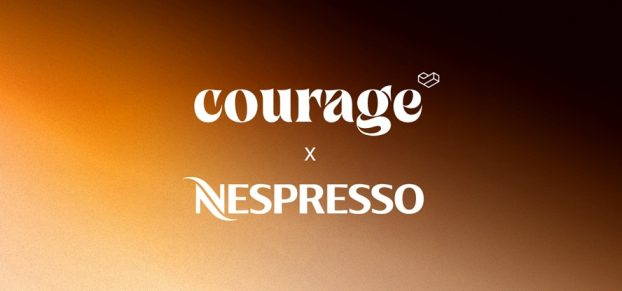A small Toronto naturopathy store seems to be stealing a page from the playbooks of concept retailers like Chapters and hmv.
In addition to selling a full line of alternative medicine products traditionally found in health-food stores, Elements also houses trained, knowledgeable staff, a juice bar, a naturopathic library and an in-house clinic.
The launch of Elements as a one-stop holistic medicine shop comes hot on the heels of efforts by Shoppers Drug Mart, Pharma Plus and Groupe Jean Coutu to reposition themselves as integrated health-care product and services providers, rather than mere dispensers of pills.
‘What we’ve tried to do is basically take a marketplace that’s grown and simplify it and provide somewhat of an oasis for consumers to come in and one-stop shop,’ says Steven Page, president of Elements.
Page, who worked in direct sales in the vitamin industry for five years before launching Elements, says that the need for alternative therapies is growing, yet there’s still a lot of confusion as to what works – and what doesn’t.
‘You have literally 1,700 health-food stores across the country, marketing tens of thousands of different products,’ he says, adding that many of these establishments are not helping the consumer at all because of the quality of advice. ‘The bulk of the health-food stores have average or sub-average personnel working there,’ he says. ‘Some are better than others, some are quite good – but most of them aren’t great.’
Elements will be different, says Page. ‘We want to professionalize what’s out there.’
He says that his work as the president of a vitamin distributor took him to a lot of health stores. ‘Vertigo’ is how he describes his feelings upon entering most of these establishments.
Yet, he also noticed something else. The stores were always crowded with buyers. ‘I thought `Wow, this industry must be really hot,” he says.
That’s one way of putting it. Depending on the source, the nutritional supplement market is worth somewhere between $475 and $650 million in Canada. And it’s growing by between 20% and 30% each year. In fact, according to Page, one in three Canadians now take supplements.
Fueled by a healthy skepticism of traditional medicine, fear of aging and an openness to alternative methods, holistic medicine is no longer the domain of the granola eaters. In fact, Page says the store is quite emphatically not intended for the ‘Birkenstocks and beads’ customer who is well accustomed to crowded aisles and ‘stressful’ displays.
‘We wanted to avoid that,’ he says. The ‘we’, in this case, includes Toronto’s Ove Design & Communications, which helped put together the Elements look.
The result is not only a unique space where product is displayed by category on the store’s curved walls but a small library where buyers can browse through books or use computerized touch-screen kiosks to find out more about certain conditions and their treatments.
The store also features a juice bar and an in-house clinic where a naturopath can offer such services as consultation and food sensitivity testing. The clinic also offers acupuncture treatments and massage therapy.
The majority of Elements’ staff, including managers, are students of naturopathic medicine (from the Canadian College of Naturopathic Medicine in Toronto) says Page, adding that staff are trained on the same protocol.
Page says this consistency is vital to the success of Elements in particular and alternative – or what he calls complementary – medicine in general.
‘Credibility is a key issue because so many people sit on the fence with respect to complementary medicine,’ he says. ‘There’s always the skeptics.’
Page, who has every intention of building a national chain, recently launched a local ad campaign to build the Elements brand – another unique move for the company. ‘Traditionally, a supplement store will focus on price-driven advertising,’ he says. ‘We really wanted to build the brand.’
The company placed ads, created by Toronto-based If, on 22 transit shelters and nine billboards. One ad features traditional pill bottles falling domino-style, over the tag ‘An ounce of prevention is worth a pound of cures’, while another features the pharmacist’s traditional mortar and pestle with the ‘banned’ stroke through it and the line ‘The Un-Drug Store.’
Meanwhile, competitor gnc (General Nutrition Centres), with 40 stores across Canada and plans to open 100 more in the coming year – mostly in malls – is making moves to update its image.
According to Michael Rapport, president of Canadian operations, the company is moving towards a ‘wellness location’ approach. Under this mandate, which is only now being tested in the u.s., each store will include a relaxation and massage department and an aromatherapy section.























